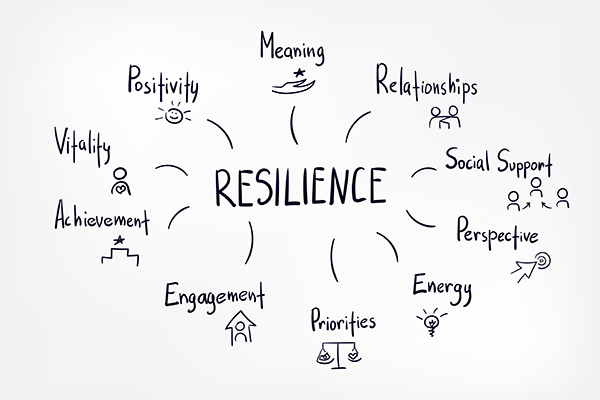Our Mission

The vision for Reaching Out is to extend support services to underserved populations, fostering a strategic mindset among those in need.
Our mission is to empower youth and families to cultivate a strategic mindset that enables them to navigate life’s challenges. We aim to rebuild the bonds between families and their communities, focusing on purpose, supportive networking, and recognizing capabilities and opportunities for youth. This is done with the mindset of upholding accountability. Our mission involves elevating potential for at-risk youth and their families by employing structured approaches and plans of action. Our mentors and coaches will aid clients in identifying and reaching their goals.
Our dedication extends to aiding clients in redirecting focus to positive aspirations. Particularly for those exhibiting specific at-risk behaviors such as poor academic progress and attendance and/or having a history of juvenile delinquency as well as other signs of instability. Another cornerstone of our mission is encouraging each client’s exploration of financial literacy and educational opportunities for financial investments; promoting financial security.
Clientele Groups
- The primary group is middle-school through high-school-aged students with at-risk social determinants.
- The secondary group includes individuals with families of low-income backgrounds.
- The tertiary group comprises families at risk for Deparment of Child and Family Services intervention.

Approach and Services
Reaching Out will deliver services via in-person, virtual, and telephone intervention, adapting to the client’s preference.
- Eligibility and services will be determined based on need.
- A 50-minute session will be conducted to determine the need on an individual basis.
- Coaches and mentors will conduct intake evaluations to ascertain goals. Upon agreement and consent, services will commence.
- All services and communications will adhere to confidential policies and procedures.
Our organization aims to prevent the proverbial pipeline to prison by addressing critical issues through a multifaceted approach. Strategies include implementing restorative justice practices focusing on repairing harm and restoring relationships rather than punitive measures. Through our program, we can assist schools in increasing the use of positive behavior interventions and supports that emphasize recognizing and reinforcing positive student behaviors.
Training for teachers in positive behavior modification techniques can be beneficial, especially for at-risk students. Home and family interventions designed to create behavior modifications for students and families can also support this effort. The family structure is the foundation of any community, and it has been severely damaged by various social and economic factors. We believe to rebuild the community, we need to rebuild the family structure and restore its values and functions. This proposal aims to outline some strategies and actions that can help achieve this goal. These strategies aim to keep students engaged in their education, reduce exclusionary discipline, and prevent unnecessary referrals to law enforcement, thereby dismantling the school-to-prison pipeline and its disproportionate impact on students of color.
Data show that Black children account for the majority of the 2,244 school referrals to police in Chicago. Addressing the issue of school discipline and its long-term effects on students, particularly those from marginalized communities. A proposal to prevent the negative outcomes associated with strict disciplinary practices in schools should be implemented to focus on mediation and agreement rather than punishment. Additionally, investing in educational resources and support systems that aim to reduce disparities can help ensure that all students have the opportunity to pursue higher education. It is also crucial to engage in community outreach to understand the unique challenges at-risk youth face. By prioritizing education and support over punitive measures, it is possible to create a more equitable and just system that fosters the potential of every student, thereby reducing the likelihood of future incarceration and increasing the chances of academic and personal success.



